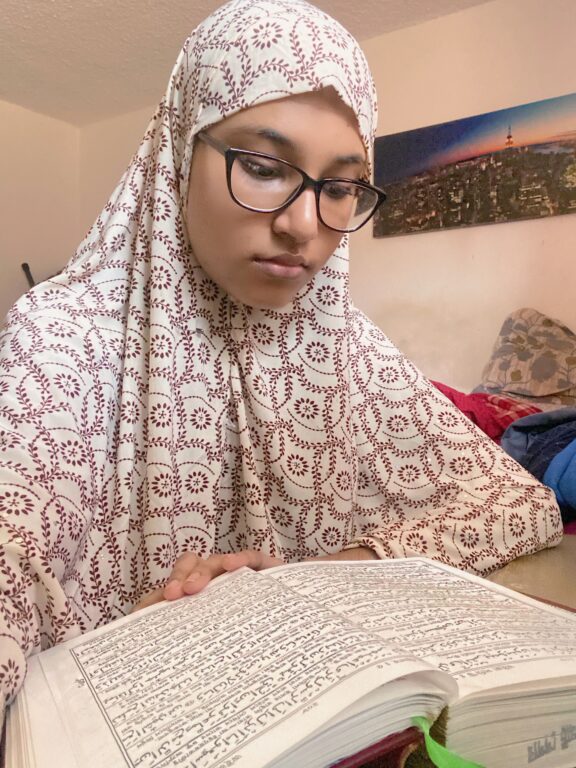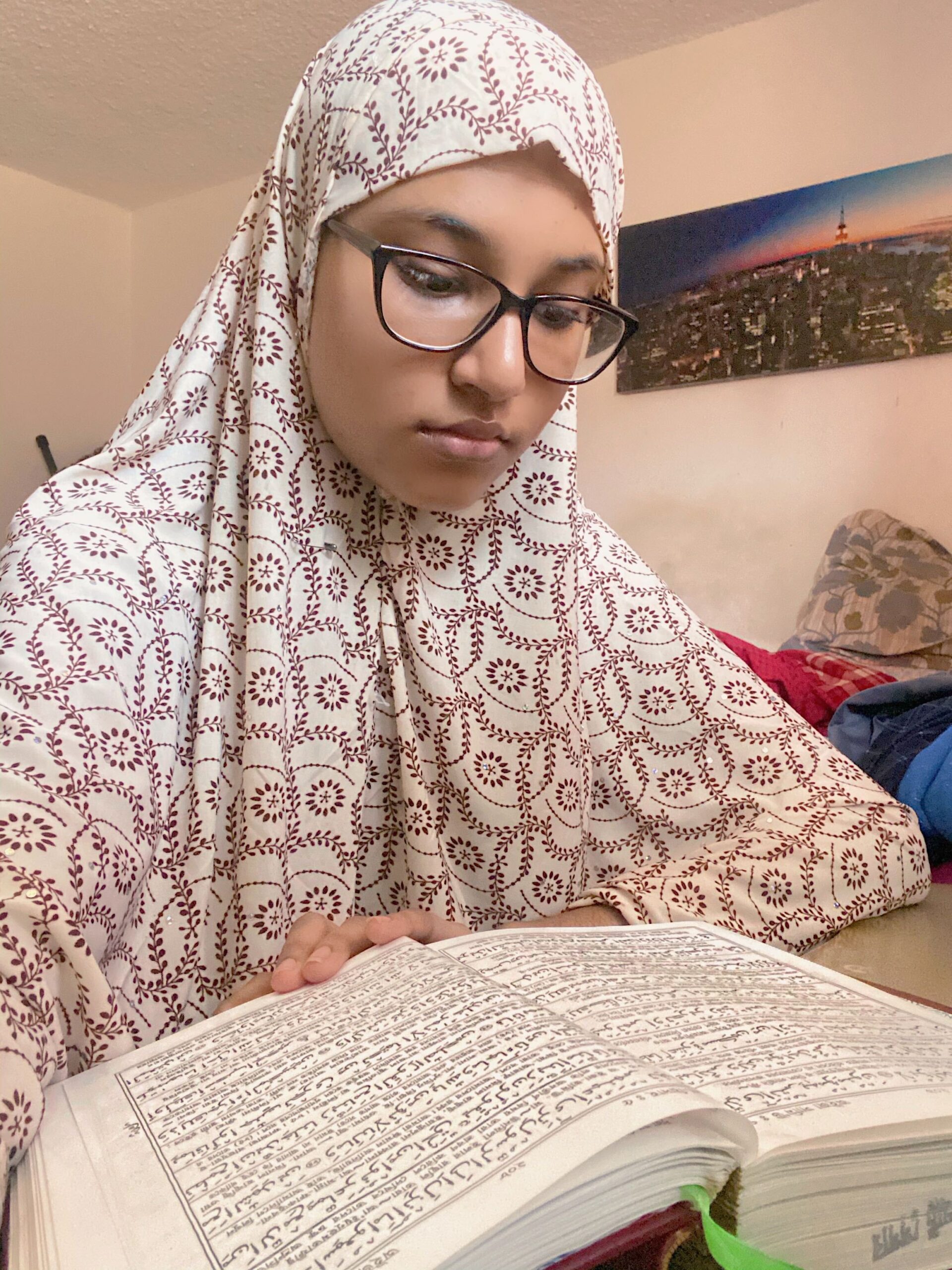
While COVID-19 limits social interactions, Pierce Muslim students who are fasting during Ramadan are especially at a loss because it’s a holiday that’s usually celebrated with family and friends.
During the 30 days of Ramadan, Muslims fast from sunrise to sunset and break their fast with friends and family, but students said this month is unusually lonely.
Pierce Muslim students find themselves reminiscing the years before COVID-19 and how they would get together with loved ones for weekly Iftar parties to break their fast.
For Tashnima Hossain, getting together with her loved ones is a crucial part of her Ramadan. Instead, she finds herself in isolation to self-reflect.
“I use Ramadan as a healing month and turn myself to God and it feels like I have someone to talk to when I’m in quarantine,” Hossian said.
With all the time spent at home social distancing, Hossain said she’s social by nature and the isolation of not being able to carry out social traditions has caused her deep pain.
Quarantining from loved ones has caused people to rely on virtual interactions by using apps such as Facetime or Zoom. However, Ali Raza said the essence of Ramadan is physically being with your loved ones.
“Ramadan is the one time everyone visits you and family gets together so it’s tradition. I know we have apps to help since we can’t have face to face interaction but it’s not the same,” Raza said.
One major tradition Muslim students are missing is going to mosque to pray with the Muslim community.
“Going to the Mosque every Ramadan you feel like everyone is on the same page and all praying for forgiveness and it helps you get into the Ramadan spirit” said Hossain.
The loss of attending mosques has put an added strain on Muslim households because mosques provide food and services during Ramadan so that everyone who comes can break their fast together as a community. Ayesha Abbas said this Ramadan doesn’t feel as lively.
“It just feels like another day you’re having dinner and doesn’t feel like Iftar and it’s more quiet,” Abbas said. “ But now I have more time to focus on my praying so there are pros and cons to it.”
At the end of the 30 days of fasting, Muslims culminate Ramadan with Eid-al Fitar which is a three-day celebration marking the end of fasting.
Mailka Vano said she looks forward to attending mosque and praying during Eid-al Fitar.
“Going for Eid prayer is one of the best things and it’s sad we can’t this year,”Vano said. “ It’s one of the only days Muslims go out for celebration”
In this pandemic, Hossain said recently her loved ones in London contracted COVID-19, but she regains hope through her prayers.
“Everyone was scared if they’ll recover or not and that was a moment where I felt vulnerable and definitely sat down and had to take a minute to pray,“ Hossain said.
She said praying has revived her spirit and allowed her to feel empathy for those in similar or worse situations.
Abbas said this Ramadan has caused her to look at the world in a more hopeful lens.
“In Islam theres this idea that you should have hope and not lose hope,” Abbas said. “If you asked me three months ago, I would say theres no such thing as hope but believing in Islam as helped me to have hope.”




